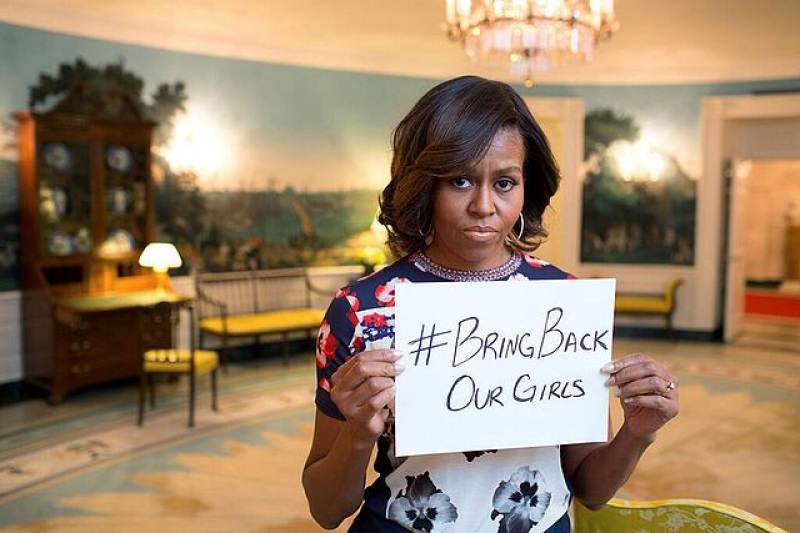
April 14 marked the third year since 276 school girls were kidnapped by Boko Haram. Since then, many girls have escaped or been rescued, yet 195 still remain missing.
The girls were kidnapped when the extremist group attacked the Government Girls Secondary School, located in Chibok, on April 14, 2014. Since then, 57 escaped, several were found by locals or army soldiers, and 21 were released by Boko Haram following negotiations with the Nigerian government.
A series of events, including lectures and rallies, took place last week in remembrance of the missing girls.
Some 100 parents of the missing girls gathered at the school "” for the first time since the kidnapping incident "” for a multi-faith prayer event, praying for the girls' return, according to a CNN report.
"Only a few parents got their daughters back," Yana Galang, a mother whose three daughters are still missing, told CNN. "Over 100, including myself and my husband, are still groaning for "¦ those who were not found."
Though the government has published statements on numerous occasions saying that it is continuing negotiations to secure the girls' release, parents have expressed to media a waning trust in the authorities.
"It seems that we cannot count on the government," Yakubu Nkeki Maina, a parent of an 18-year-old who remains missing, told the World Watch Monitor. "We look up to God, Who is able to come to our rescue."
Since the girls were kidnapped, a group called "Bring Back Our Girls' "” which has been organizing the events last week "” has been actively campaigning for their release, bringing the issue to the attention of the international public. The group has been using the hashtag, #BringBackOurGirls, on social media, and public figures such as Michelle Obama have been using the slogan to bring about a greater awareness.



















